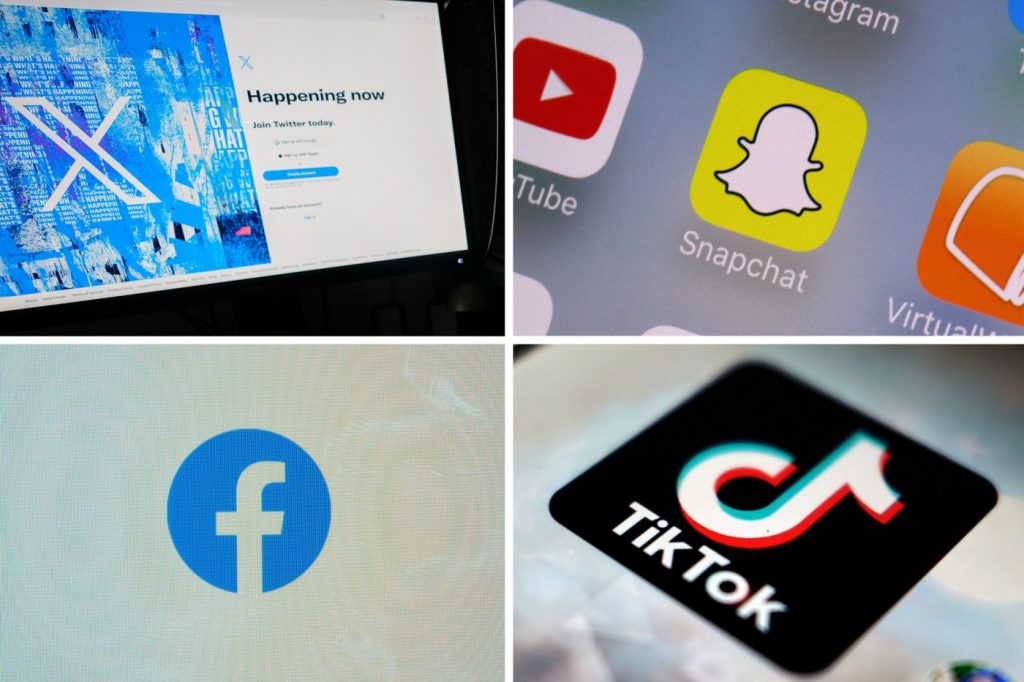You’re in the middle of a public health emergency involving a dangerously addictive substance — let’s say an epidemic of fentanyl or vaping among teens. Which of the following is the best response?
1. Issue a warning. Tell everyone, “Hey, watch out — this stuff isn’t good for you.”
2. Regulate the dangerous substance so that it causes the least amount of harm.
3. Ban the substance and penalize anyone who distributes it.
In the midst of a well-documented mental health crisis among children and teenagers, with social media use a clear contributing factor, U.S. Surgeon General Vivek Murthy recommends choice one. As he wrote in a New York Times opinion guest essay Monday, “It is time to require a surgeon general’s warning label on social media platforms, stating that social media is associated with significant mental health harms for adolescents.”
It’s an excellent first step, but it’s a mere Band-Aid on a suppurating wound. Telling teenagers something is bad for them may work for some kids, but for others, it’s practically an open invitation to abuse. To add muscle to a mere label, we need to prohibit its sale to people under 18 and enforce the law on sellers. We need to strongly regulate social media, as Europe has begun to do, and ban it for kids under 16. Murthy urges Congress to take similar steps.
Free-speech absolutists (or those who play the role when a law restricts something that earns them lots of money) will say that requiring age verification systems is an unconstitutional limit on free speech. Nonsense. We don’t allow children to freely attend PG-13 or R-rated movies. We don’t allow hard liquor to be advertised during children’s programming.
Related Articles
Magid: Surgeon General’s Social Media Warning Label is a bad idea
Poll: Many California voters get their info from social media, even if they don’t trust it
The politics of memes: How Biden and Trump are fighting each other on the internet
Surgeon general calls for social media warning labels, like those on cigarettes
No, the Charli XCX ‘Brats’ Erewhon smoothie isn’t real, but here’s the recipe for how to make it
Other objections to regulation are that it’s difficult to carry out (so are many things) and that there’s only a correlative link between social media and adverse mental health rather than one of causation.
Complacency is easy. The hard truth is that many people are too addicted to social media themselves to fight for laws that would unstick their kids. Big Tech, with Congress in its pocket, is only too happy for everyone to keep their heads in the sand and reap the benefits. But a combination of options 2 and 3 are the only ones that will bring real results.
Pamela Paul is a New York Times columnist.


